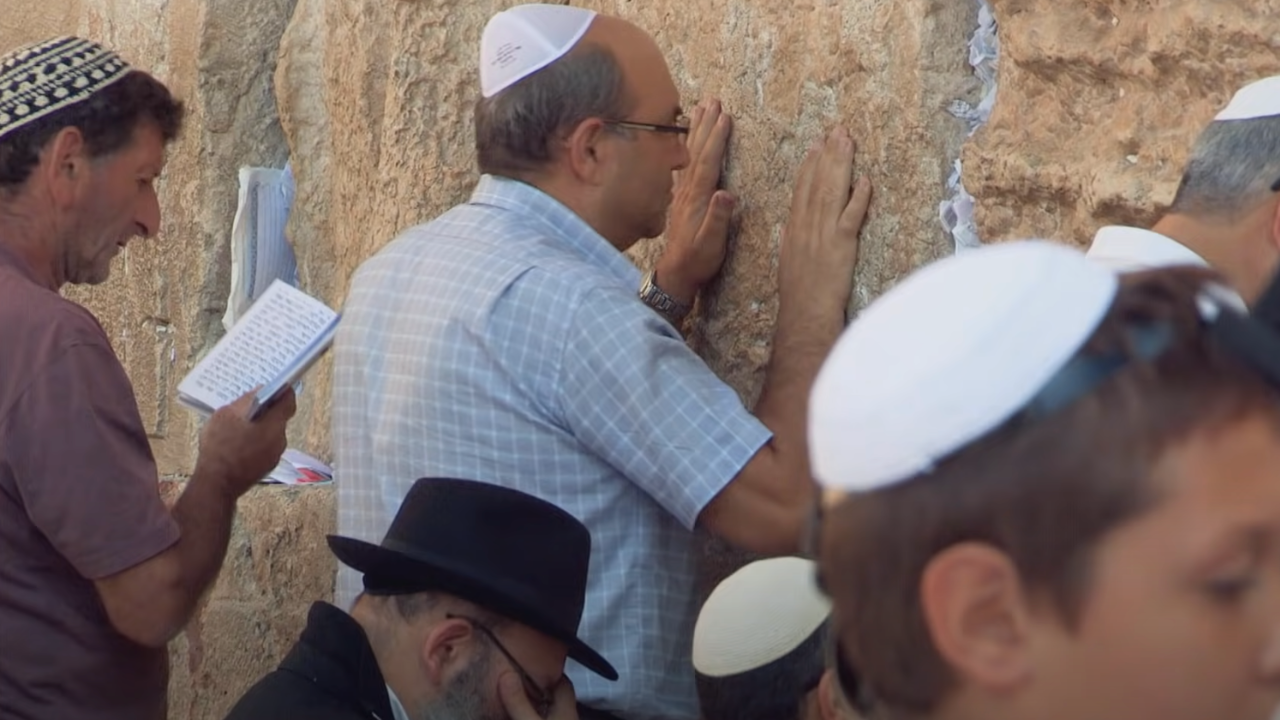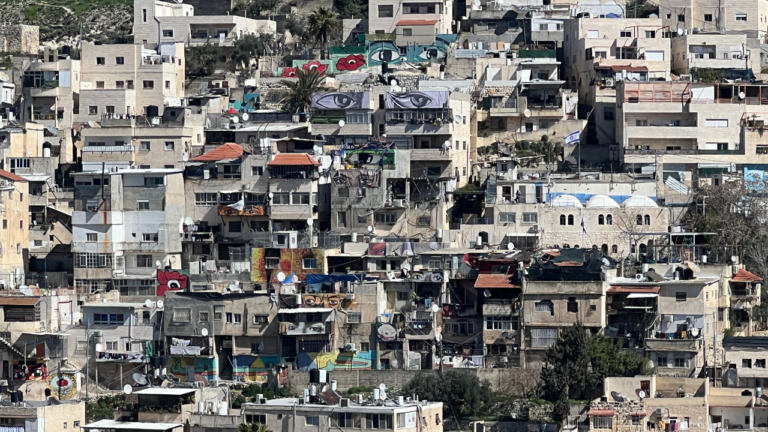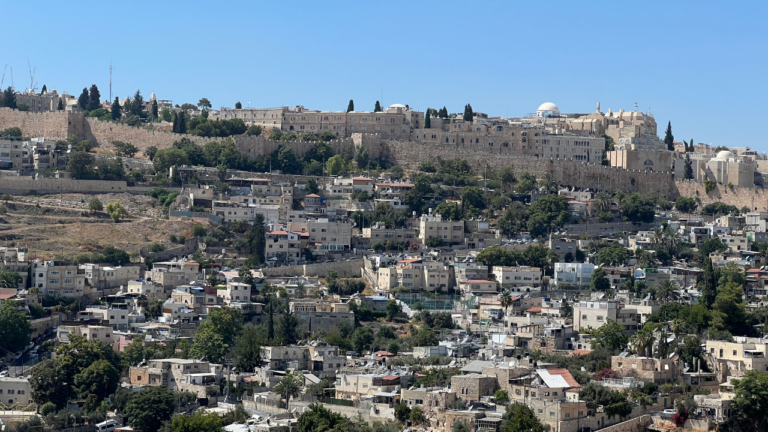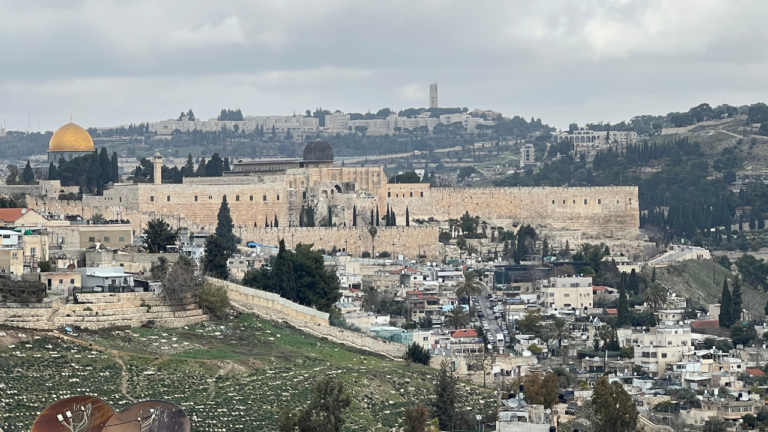Joy of All the Earth
Every Monday, we recite a stirring ode about the beautiful city of Yerushalayim from Tehillim chapter 48. The Bnei Korah describe Jerusalem as the יפה נוף משוש כל הארץ, fairest of sites, joy of all the earth. Based off this verse, Rebbe Yochanan (in Midrash Rabbah Pekudei 52:5) describes a peculiar phenomenon that took place in Jerusalem. There was a kipah shel heshbonot, a vault of calculations/reckonings, that was situated outside the walls of Jerusalem. Whenever someone residing in Jerusalem desired to make an accounting of a financial matter, he would exit the city and make his calculations there. Why did this “vault” need to be outside the city? There was a fear that calculations inside the city would cause distress, and Jerusalem must remain the משוש כל הארץ, a place in which there is pure joy. This joy derives from the fact that Jerusalem is the King’s city, קרית מלך רב, the place where His divine presence resides.
On the simplest level, Rebbe Yochanan is informing us of the importance of maintaining a happy countenance inside Hashem’s holy city. However, Rav Haim Sofer (disciple of the famed Hatam Sofer in Pressburg) offers a deeper interpretation in his Divrei Shaarei Haim. From the Jewish perspective, true simha is found in frugal comfort. As Hazal inform us in Avot (5:1) איזהו עשיר השמח בחלקו, who is wealthy? He who is happy with his lot. The Maharal notes throughout his vast writings that the real definition of happiness is sheleimut, a sense of completeness and serenity.
Jerusalem’s capacity to generate happiness relates to its ability to bring spiritual priority into focus. The role of physical possessions and ephemeral accomplishments in this world are automatically belittled when one enters the shadow of the King’s divine presence. Glimpsing into eternity, it would seem pathetic to become preoccupied with such small-minded concerns.
The Mishnah in Avot (5:7) explains that even as hundreds and thousands of pilgrims flocked into Jerusalem on the holy festivals, nobody ever said that it was too crowded to stay in Jerusalem. Rav Sofer (quoting his esteemed teacher, the Hatam Sofer) explains that this was not because of a miracle that expanded the physical proportions of Jerusalem. Rather, the spiritual sublimity of the holy city made it easy for people to disregard physical discomfort and other silly concerns that would distract them from the sacred regel proceedings. In touch with the spiritual reality of Jewish unity, that every Jew is an indispensable cell in the body of Knesset Yisrael, Jews were not bothered in the crowded spaces of Jerusalem.
When the Midrash describes a vault situated outside of Jerusalem for calculations, it is describing a metaphor for those who become preoccupied with silly, transient considerations that do not belong inside Jerusalem’s walls. Such a person is not considered to be in the קרית מלך רב, for he is not truly residing in the shadow of the divine presence. Even if one is physically located within Jerusalem, he can still become so obsessed with fleeting desires that he is no longer spiritually inside the city. He is trapped in a kipah of hisaron, a prison of inadequacy, that does not allow him to tap into the spirit of sheleimut that permeated Jerusalem.
May we speedily witness the day that all Jews pour into the gates of Jerusalem in joy, revealing the holy city as the true m’sos kol ha’aretz.
DOWNLOAD/PRINT



